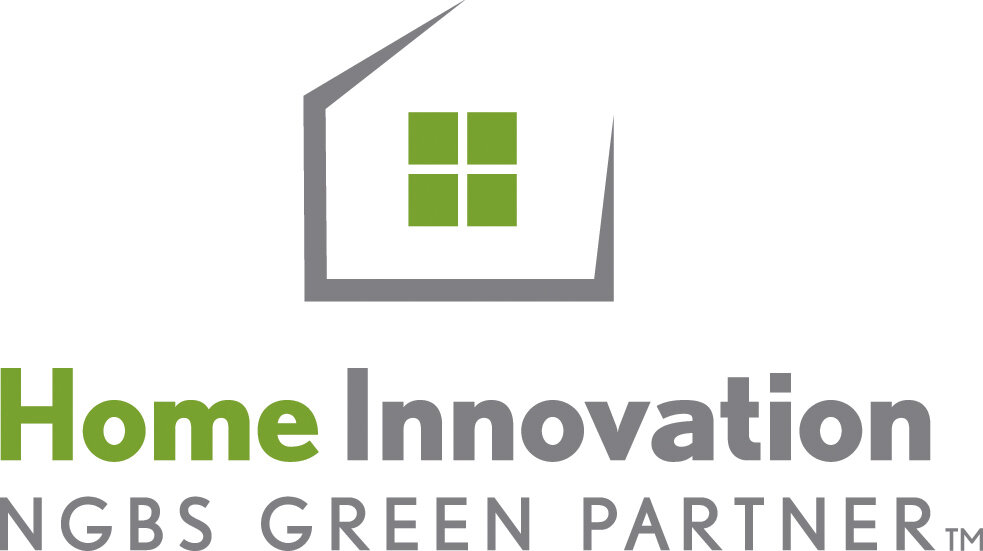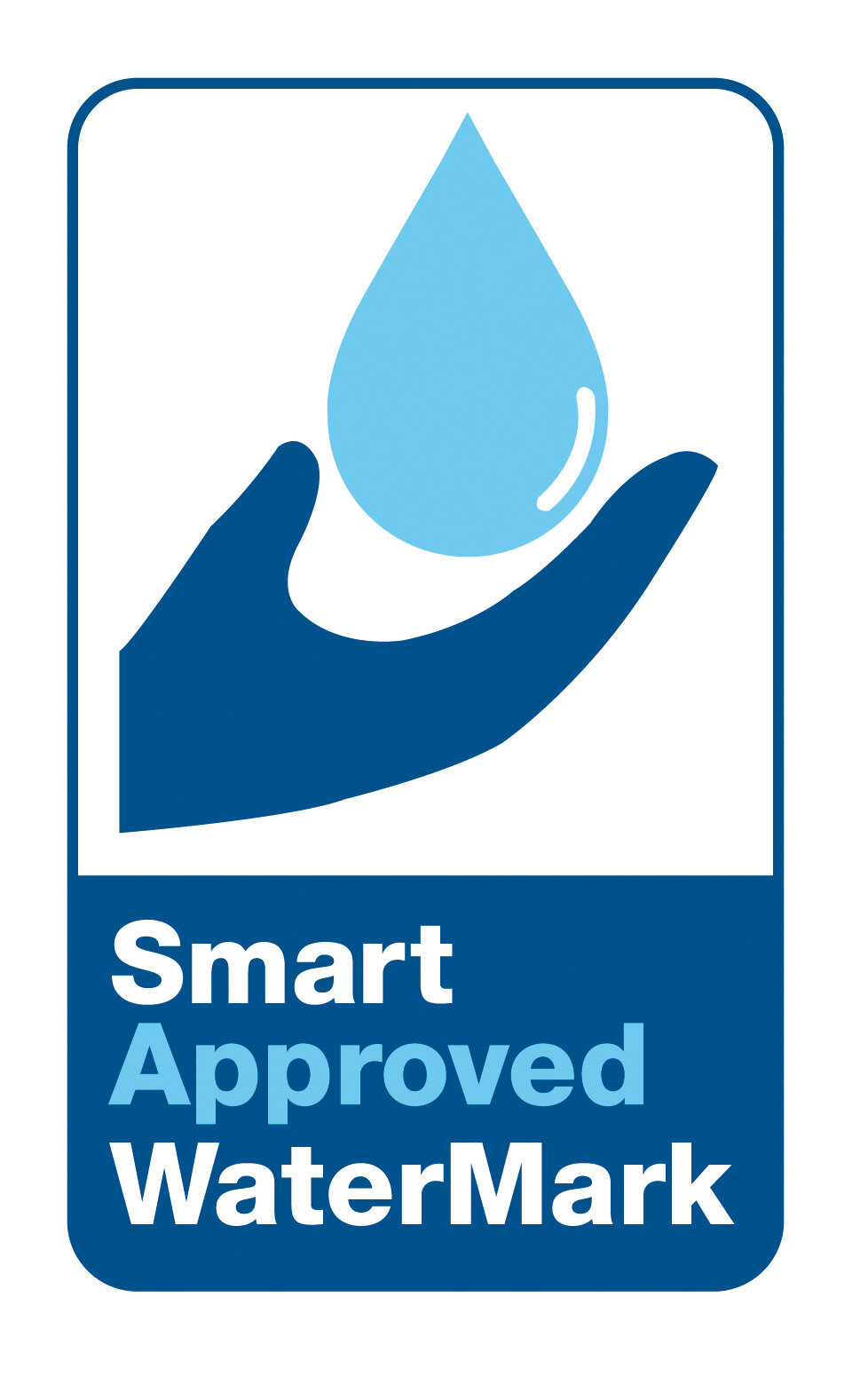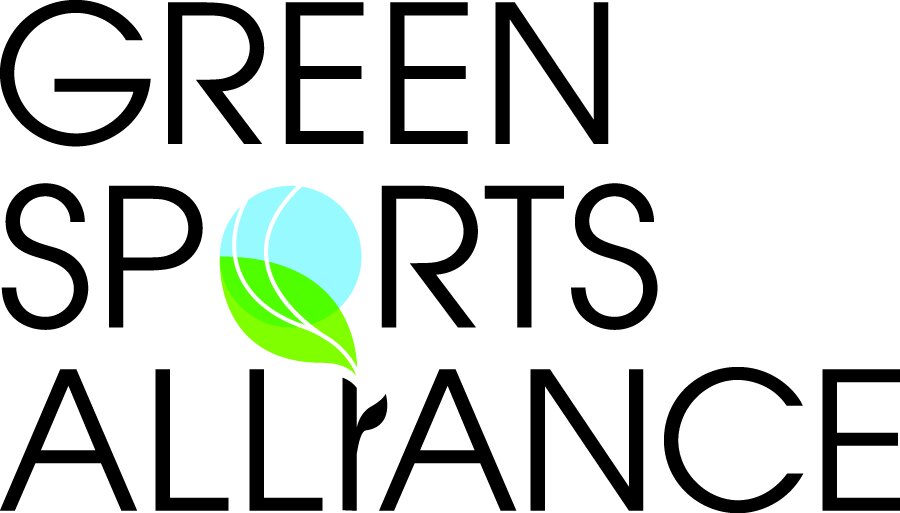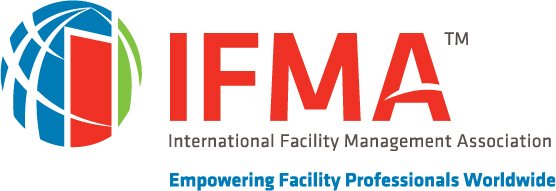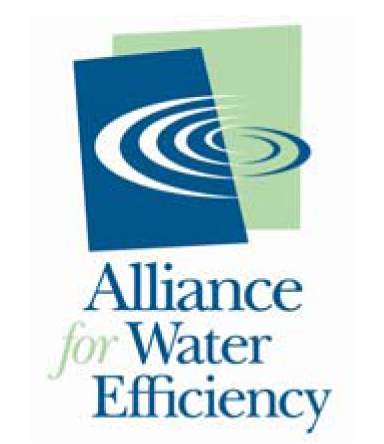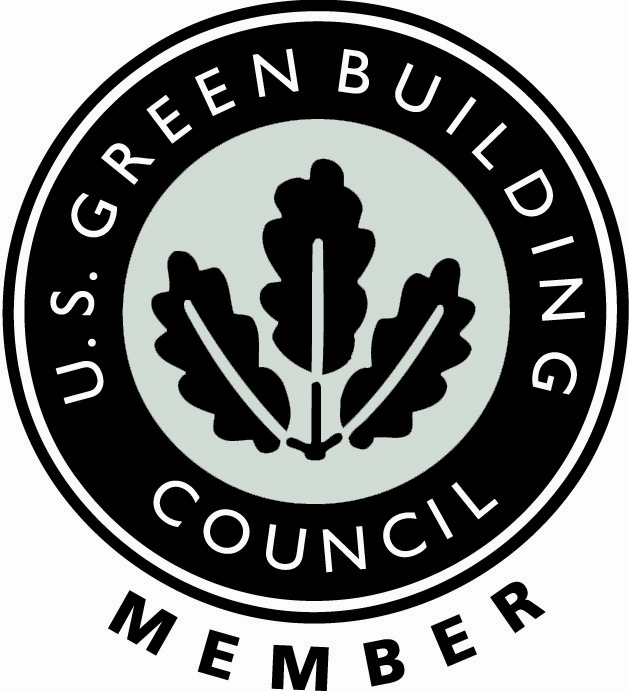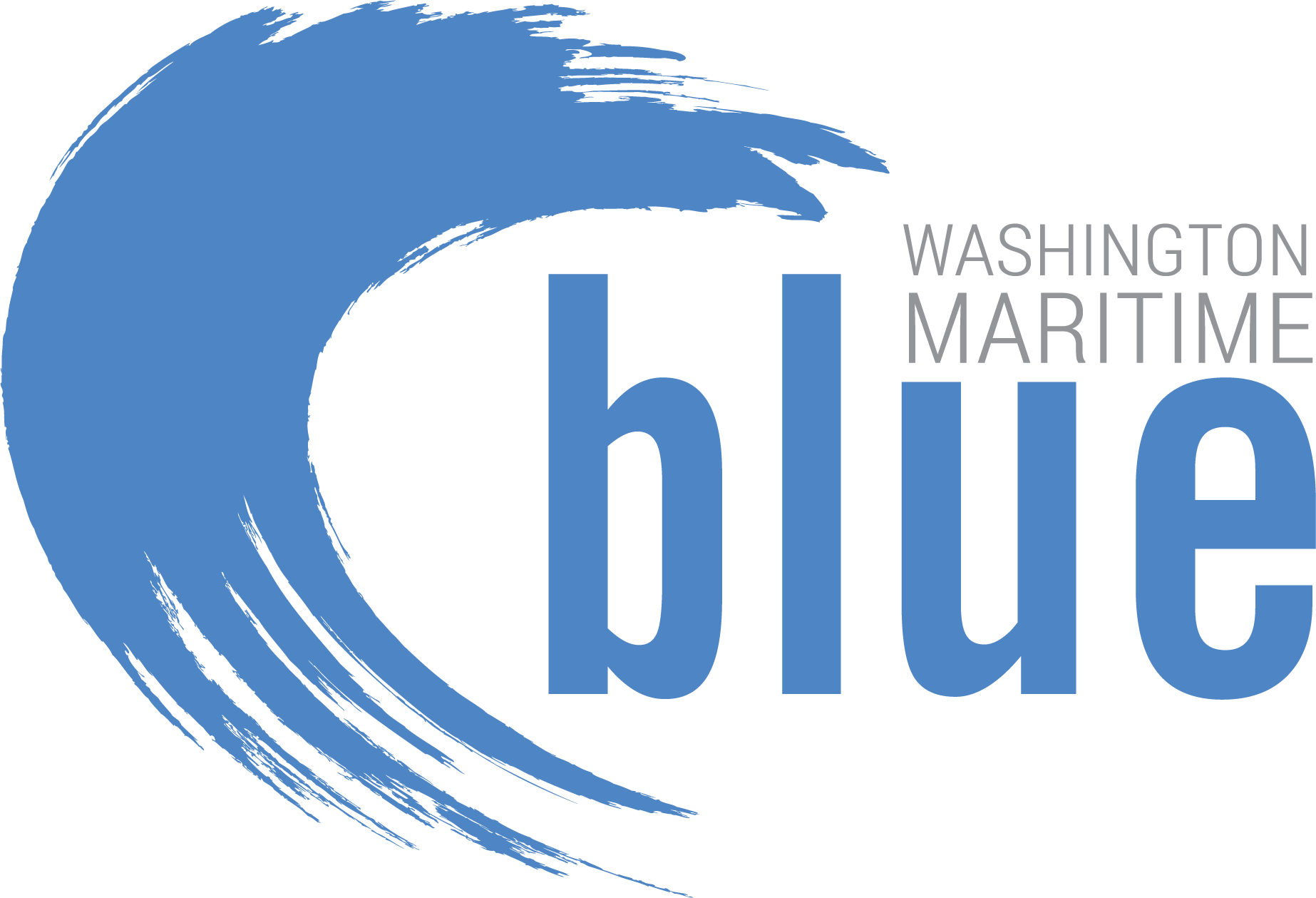Image: Classroom Kids by Yan Krukau found on Prexels
Many advocates for water efficiency and reducing water consumption believe that early education is a powerful tool for addressing the urgent water-related challenges, including water scarcity, that our planet is facing.
By teaching children about water-related issues from a young age, we can empower them to become informed, responsible citizens committed to protecting our planet's most precious resource. This can be achieved by integrating water education into various subjects, such as science, geography, and even art, making it a part of the regular curriculum.
Here's a Q&A that explores this further.
Q: Why is teaching children about water efficiency (long-term water conservation) so important?
A: Today's children, as tomorrow's decision-makers and leaders, have a crucial role to play in shaping a more sustainable future. By educating them about water scarcity and efficiency now, we empower them to make informed choices and contribute to a healthier planet.
Q: What's the biggest misconception children have about water?
A: Most children—and many adults—take water for granted. They assume it will always be there when they need it and rarely give it a second thought. Children typically don't know where their water comes from, how it's treated and distributed, or that four billion people worldwide experience at least one month per year with little to no water available.
Q: What are the key facts children need to learn about water?
A: Students need to understand five essential truths:
- Water is life itself—without it, we cease to exist
- Forty percent of the world's water is polluted and unusable, spreading diseases when used for cooking and bathing
- Water is a finite, precious resource that must be protected
- Droughts are becoming more frequent and longer-lasting in many parts of the world
- Solutions exist, and we can all take action to address water challenges
Q: What solutions should we teach children about?
It's crucial to show children that positive steps are being taken globally. These real-world solutions, such as water audits and efficient water use practices, the installation of waterless urinals in restrooms, alll demonstrate that we can all play a part in addressing water challenges.
Q: How does water education develop broader life skills?
A: Addressing water challenges requires problem-solving and critical thinking abilities. By teaching children about water issues early, we help them develop analytical skills they can apply to various complex challenges throughout their lives, not just environmental ones.



